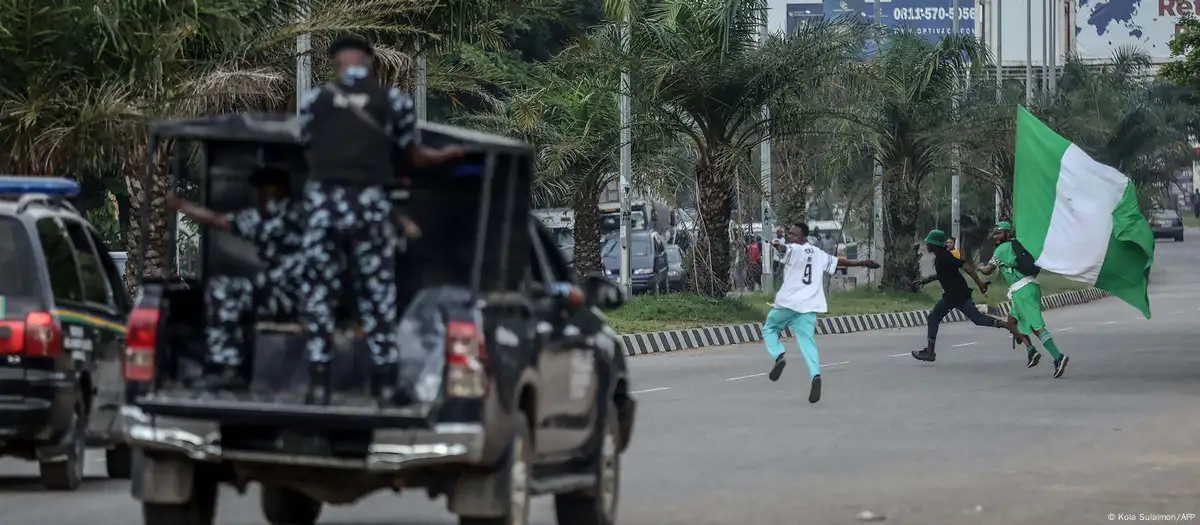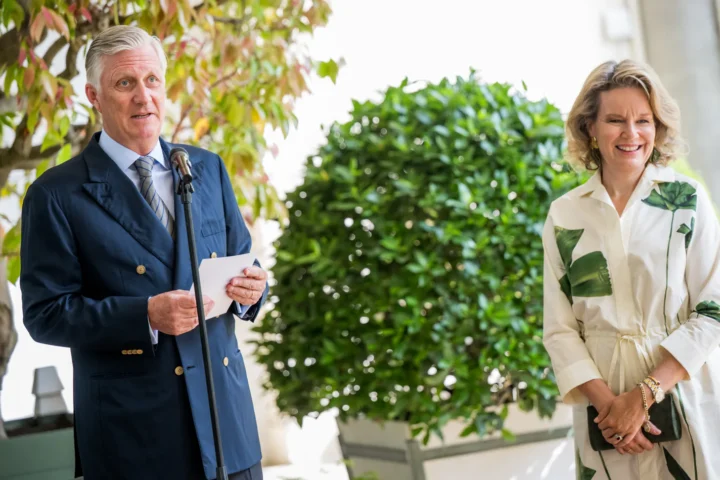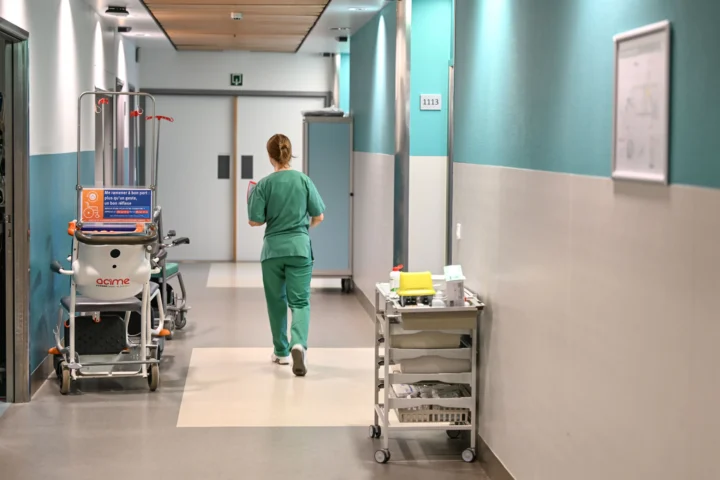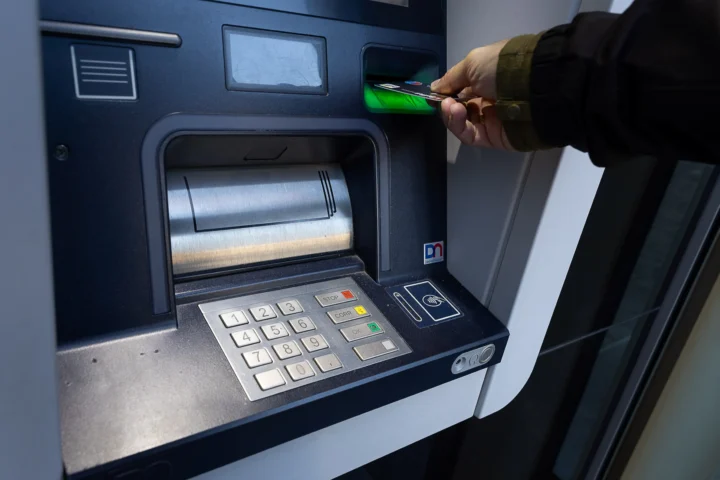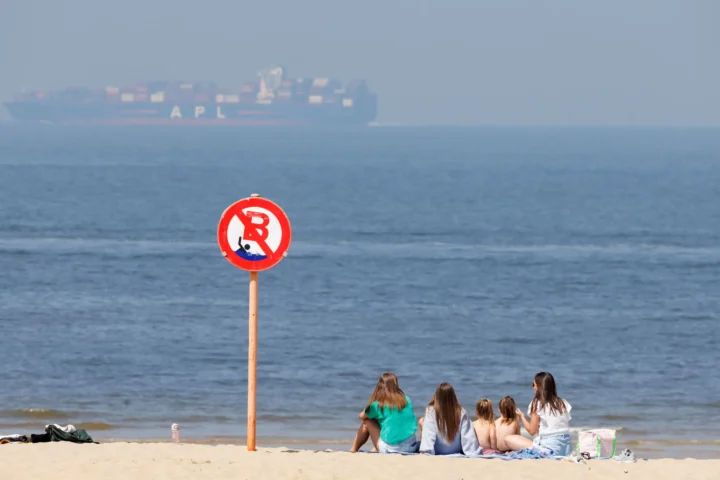For a second time in two months, Nigerians have demonstrated against economic hardship in the oil-rich country. The turnout was lower than the previous protest in which at least 20 people were killed.
Nigerians took to the streets on Tuesday to protest widespread economic hardship, coinciding with the West African country’s 64th independence anniversary.
It was the second protest of its kind in two months, spurred on by high inflation and economic reforms pushed through by President Bola Tinubu’s new government as it seeks to save money and bring back foreign investment.
However, Tuesday’s turnout was lower than the previous protest in August — in which at least 20 people were killed by security forces. Those who did show up in the capital Abuja were met with with tear gas.

Why are people protesting in Nigeria?
Tuesday’s protests were dubbed the “National Day of Survival” with protesters calling for an “end to hunger and misery.”
They also demanded a reduction in the cost of fuel, electricity and food, as well as the release of protesters arrested in August.
Small groups of gathered holding up placards and waving the national flag, but many were dispersed with tear gas.
At the same time, government and military officials attended an independence day parade elsewhere in the capital, with heavy security being reported in other parts of the country.
President Tinubu calls for patience
Despite being a major oil exporter, Nigeria maintains high levels of poverty and hunger. President Tinubu has argued his reforms will improve the situation, but the short-term impacts have seen inflation reach a three-decade high after he ended a fuel subsidy and floated the naira currency.
“I am deeply aware of the struggles many of you face in these challenging times,” Tinubu said at an anniversary event on Tuesday.
“Once again, I plead for your patience as the reforms we are implementing show positive signs, and we are beginning to see light at the end of the tunnel.”
Nigeria remains “an unfortunate case of running very hard and staying in the same place,” Cheta Nwanze, managing partner at Lagos-based SBM Intelligence research firm, told the Associated Press.
“If your population is not healthy … or not educated, you can’t possibly make progress,” Nwanze said.
